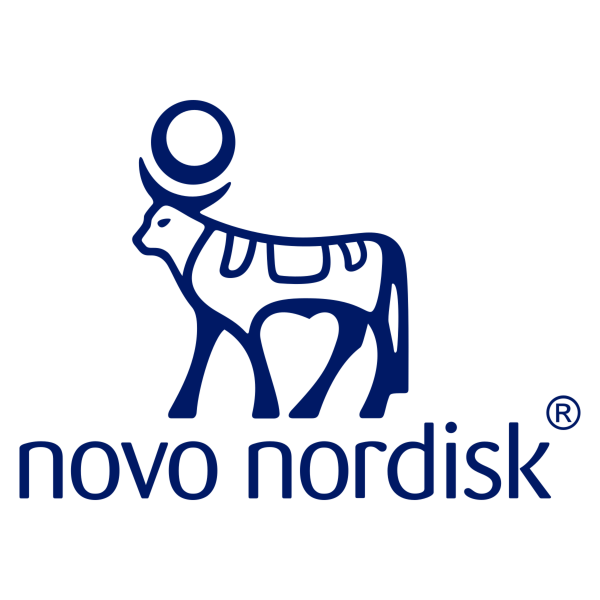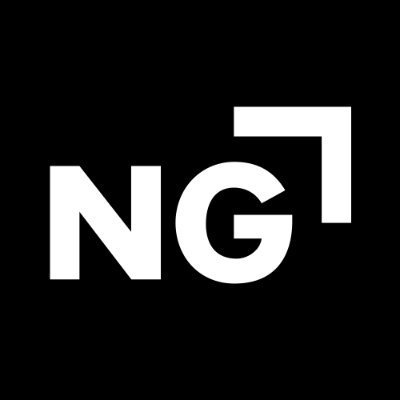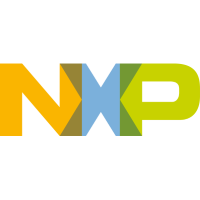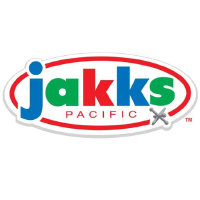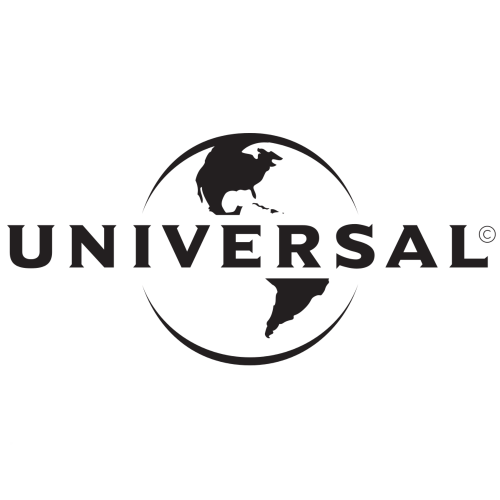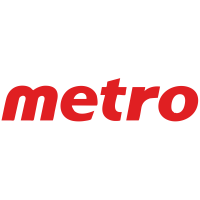
Metro Inc
TSX:MRU
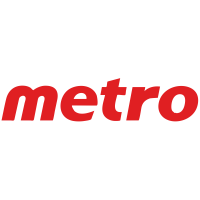

| US |

|
Johnson & Johnson
NYSE:JNJ
|
Pharmaceuticals
|
| US |

|
Berkshire Hathaway Inc
NYSE:BRK.A
|
Financial Services
|
| US |

|
Bank of America Corp
NYSE:BAC
|
Banking
|
| US |

|
Mastercard Inc
NYSE:MA
|
Technology
|
| US |

|
UnitedHealth Group Inc
NYSE:UNH
|
Health Care
|
| US |

|
Exxon Mobil Corp
NYSE:XOM
|
Energy
|
| US |

|
Pfizer Inc
NYSE:PFE
|
Pharmaceuticals
|
| US |

|
Palantir Technologies Inc
NYSE:PLTR
|
Technology
|
| US |

|
Nike Inc
NYSE:NKE
|
Textiles, Apparel & Luxury Goods
|
| US |

|
Visa Inc
NYSE:V
|
Technology
|
| CN |

|
Alibaba Group Holding Ltd
NYSE:BABA
|
Retail
|
| US |

|
JPMorgan Chase & Co
NYSE:JPM
|
Banking
|
| US |

|
Coca-Cola Co
NYSE:KO
|
Beverages
|
| US |

|
Walmart Inc
NYSE:WMT
|
Retail
|
| US |

|
Verizon Communications Inc
NYSE:VZ
|
Telecommunication
|
| US |

|
Chevron Corp
NYSE:CVX
|
Energy
|
Utilize notes to systematically review your investment decisions. By reflecting on past outcomes, you can discern effective strategies and identify those that underperformed. This continuous feedback loop enables you to adapt and refine your approach, optimizing for future success.
Each note serves as a learning point, offering insights into your decision-making processes. Over time, you'll accumulate a personalized database of knowledge, enhancing your ability to make informed decisions quickly and effectively.
With a comprehensive record of your investment history at your fingertips, you can compare current opportunities against past experiences. This not only bolsters your confidence but also ensures that each decision is grounded in a well-documented rationale.
Do you really want to delete this note?
This action cannot be undone.

| 52 Week Range |
88.56
107.96
|
| Price Target |
|
We'll email you a reminder when the closing price reaches CAD.
Choose the stock you wish to monitor with a price alert.

|
Johnson & Johnson
NYSE:JNJ
|
US |

|
Berkshire Hathaway Inc
NYSE:BRK.A
|
US |

|
Bank of America Corp
NYSE:BAC
|
US |

|
Mastercard Inc
NYSE:MA
|
US |

|
UnitedHealth Group Inc
NYSE:UNH
|
US |

|
Exxon Mobil Corp
NYSE:XOM
|
US |

|
Pfizer Inc
NYSE:PFE
|
US |

|
Palantir Technologies Inc
NYSE:PLTR
|
US |

|
Nike Inc
NYSE:NKE
|
US |

|
Visa Inc
NYSE:V
|
US |

|
Alibaba Group Holding Ltd
NYSE:BABA
|
CN |

|
JPMorgan Chase & Co
NYSE:JPM
|
US |

|
Coca-Cola Co
NYSE:KO
|
US |

|
Walmart Inc
NYSE:WMT
|
US |

|
Verizon Communications Inc
NYSE:VZ
|
US |

|
Chevron Corp
NYSE:CVX
|
US |
This alert will be permanently deleted.
Intrinsic Value
The intrinsic value of one
 MRU
stock under the Base Case scenario is
hidden
CAD.
Compared to the current market price of 98.84 CAD,
Metro Inc
is
hidden
.
MRU
stock under the Base Case scenario is
hidden
CAD.
Compared to the current market price of 98.84 CAD,
Metro Inc
is
hidden
.
The Intrinsic Value is calculated as the average of DCF and Relative values:
Valuation History
Metro Inc

MRU looks undervalued. But is it really? Some stocks live permanently below intrinsic value; one glance at Historical Valuation reveals if MRU is one of them.
Learn how current stock valuations stack up against historical averages to gauge true investment potential.
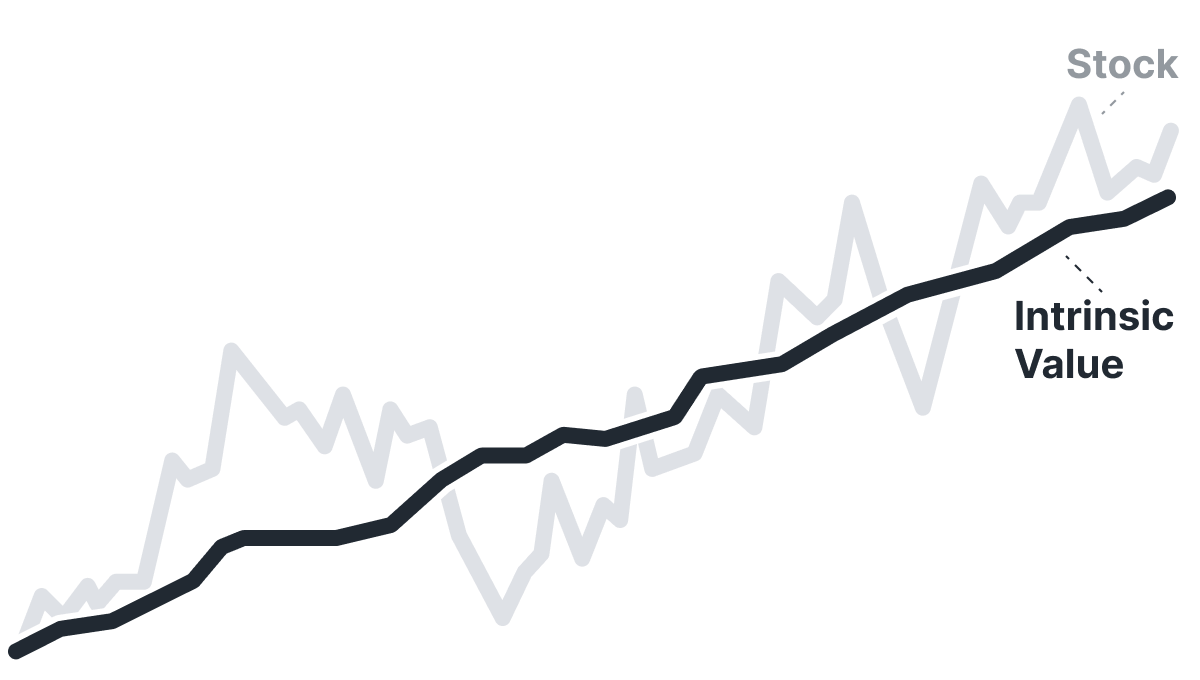
Let our AI compare Alpha Spread’s intrinsic value with external valuations from Simply Wall St, GuruFocus, ValueInvesting.io, Seeking Alpha, and others.
Let our AI break down the key assumptions behind the intrinsic value calculation for Metro Inc.
| ZA |
S
|
Shoprite Holdings Ltd
JSE:SHP
|
|
| CA |

|
Loblaw Companies Ltd
TSX:L
|
|
| CA |
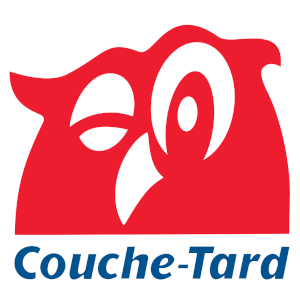
|
Alimentation Couche-Tard Inc
TSX:ATD
|
|
| US |

|
Kroger Co
NYSE:KR
|
|
| UK |
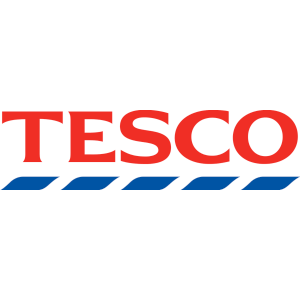
|
Tesco PLC
LSE:TSCO
|
|
| NL |

|
Koninklijke Ahold Delhaize NV
AEX:AD
|
|
| JP |

|
Seven & i Holdings Co Ltd
TSE:3382
|
|
| IN |
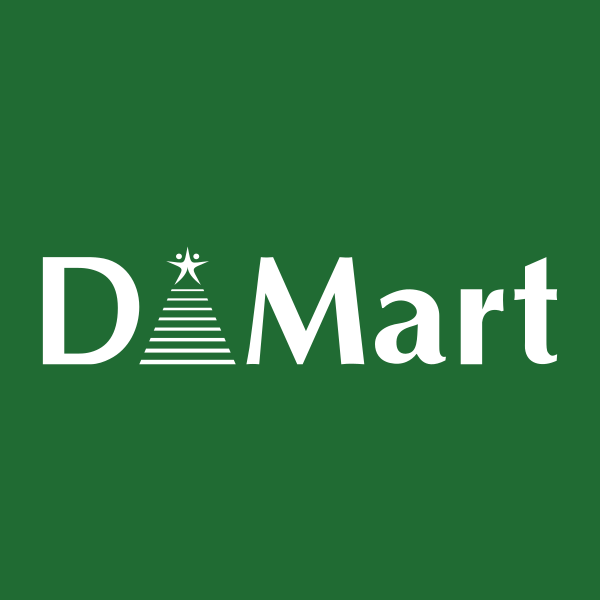
|
Avenue Supermarts Ltd
NSE:DMART
|
|
| CA |

|
George Weston Ltd
TSX:WN
|
|
| ZA |
P
|
Pick N Pay Stores Ltd
JSE:PIK
|
Fundamental Analysis
Select up to 3 indicators:
Select up to 3 indicators:

Significant changes in government drug pricing regulations could undermine the profitability of Metro’s pharmacy division, dampening returns from its Jean Coutu acquisition and pressuring overall margins.
The successful integration of Jean Coutu and Metro’s grocery operations could produce operational efficiencies and cross-selling opportunities that drive higher margins and sustainable earnings growth.
Revenue & Expenses Breakdown
Metro Inc

Balance Sheet Decomposition
Metro Inc

| Current Assets | 2.7B |
| Cash & Short-Term Investments | 67.3m |
| Receivables | 910m |
| Other Current Assets | 1.7B |
| Non-Current Assets | 11.9B |
| PP&E | 5.1B |
| Intangibles | 6B |
| Other Non-Current Assets | 814.5m |
| Current Liabilities | 2.1B |
| Accounts Payable | 1.7B |
| Other Current Liabilities | 392m |
| Non-Current Liabilities | 5.5B |
| Long-Term Debt | 4.3B |
| Other Non-Current Liabilities | 1.2B |
Free Cash Flow Analysis
Metro Inc

| CAD | |
| Free Cash Flow | CAD |
Earnings Waterfall
Metro Inc

|
Revenue
|
22B
CAD
|
|
Cost of Revenue
|
-17.6B
CAD
|
|
Gross Profit
|
4.4B
CAD
|
|
Operating Expenses
|
-2.9B
CAD
|
|
Operating Income
|
1.5B
CAD
|
|
Other Expenses
|
-471.4m
CAD
|
|
Net Income
|
1B
CAD
|
MRU Profitability Score
Profitability Due Diligence

Metro Inc's profitability score is hidden . The higher the profitability score, the more profitable the company is.

Score
Metro Inc's profitability score is hidden . The higher the profitability score, the more profitable the company is.
MRU Solvency Score
Solvency Due Diligence

Metro Inc's solvency score is hidden . The higher the solvency score, the more solvent the company is.

Score
Metro Inc's solvency score is hidden . The higher the solvency score, the more solvent the company is.
Wall St
Price Targets
MRU Price Targets Summary
Metro Inc

According to Wall Street analysts, the average 1-year price target for
 MRU
is 110.61 CAD
with a low forecast of 101 CAD and a high forecast of 123.9 CAD.
MRU
is 110.61 CAD
with a low forecast of 101 CAD and a high forecast of 123.9 CAD.
Dividends
Current shareholder yield for  MRU is
hidden
.
MRU is
hidden
.
Shareholder yield represents the total return a company provides to its shareholders, calculated as the sum of dividend yield, buyback yield, and debt paydown yield. What is shareholder yield?
The intrinsic value of one
 MRU
stock under the Base Case scenario is
hidden
CAD.
MRU
stock under the Base Case scenario is
hidden
CAD.
Compared to the current market price of 98.84 CAD,
 Metro Inc
is
hidden
.
Metro Inc
is
hidden
.

